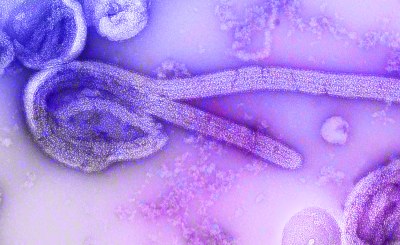MALABO, Feb 15 (NNN-AFRICANEWS) — Equatorial Guinea has confirmed its first-ever outbreak of Marburg virus disease after positive tests, following the deaths of at least nine people in the country’s western Kie Ntem province.
Health Minister Mitoha Ondo’o Ayekaba said a “health alert” had been declared in the Kie-Ntem province and the neighboring district of Mongomo, with a “lockdown plan implemented” after consulting with the WHO and the United Nations.
The presence of the viral haemorrhagic fever has seen the health ministry deploy advanced teams in the affected districts to trace contacts, isolate and provide medical care to people showing symptoms of the disease.
Marburg virus disease is a highly virulent disease that causes haemorrhagic fever, with a fatality ratio of up to 88%.
Patients can experience high fever, severe headache, and severe malaise. Many develop severe haemorrhagic symptoms within seven days. The virus is transmitted to people from fruit bats and spreads among humans through direct contact with the bodily fluids of infected people, surfaces, and materials.
The World Health Organisation is meanwhile deploying health emergency experts in epidemiology, case management, infection prevention, laboratory and risk communication to support the national response efforts and secure community collaboration in the outbreak control.
There are no authorized vaccines or drugs to treat Marburg, but rehydration treatment to alleviate symptoms can improve the chances of survival. Depending on the strain and case management, the fatality rates for the virus range from 24% to 88%.
During an outbreak in Angola in 2004, the virus killed 90% of the 252 people who were infected. In Ghana last year, two people died of Marburg.
The rare virus was first identified in 1967 after it caused simultaneous outbreaks of disease in laboratories in Marburg, Germany and Belgrade, Serbia. Seven people died who were exposed to the virus while conducting research on monkeys.
The natural carrier of the Marburg virus is the African fruit bat, which carries the virus but does not fall sick from it.
But the animals can pass the virus to primates in close proximity, including humans. Human-to-human transmission then occurs through contact with blood or other bodily fluids. — NNN-AFRICANEWS

